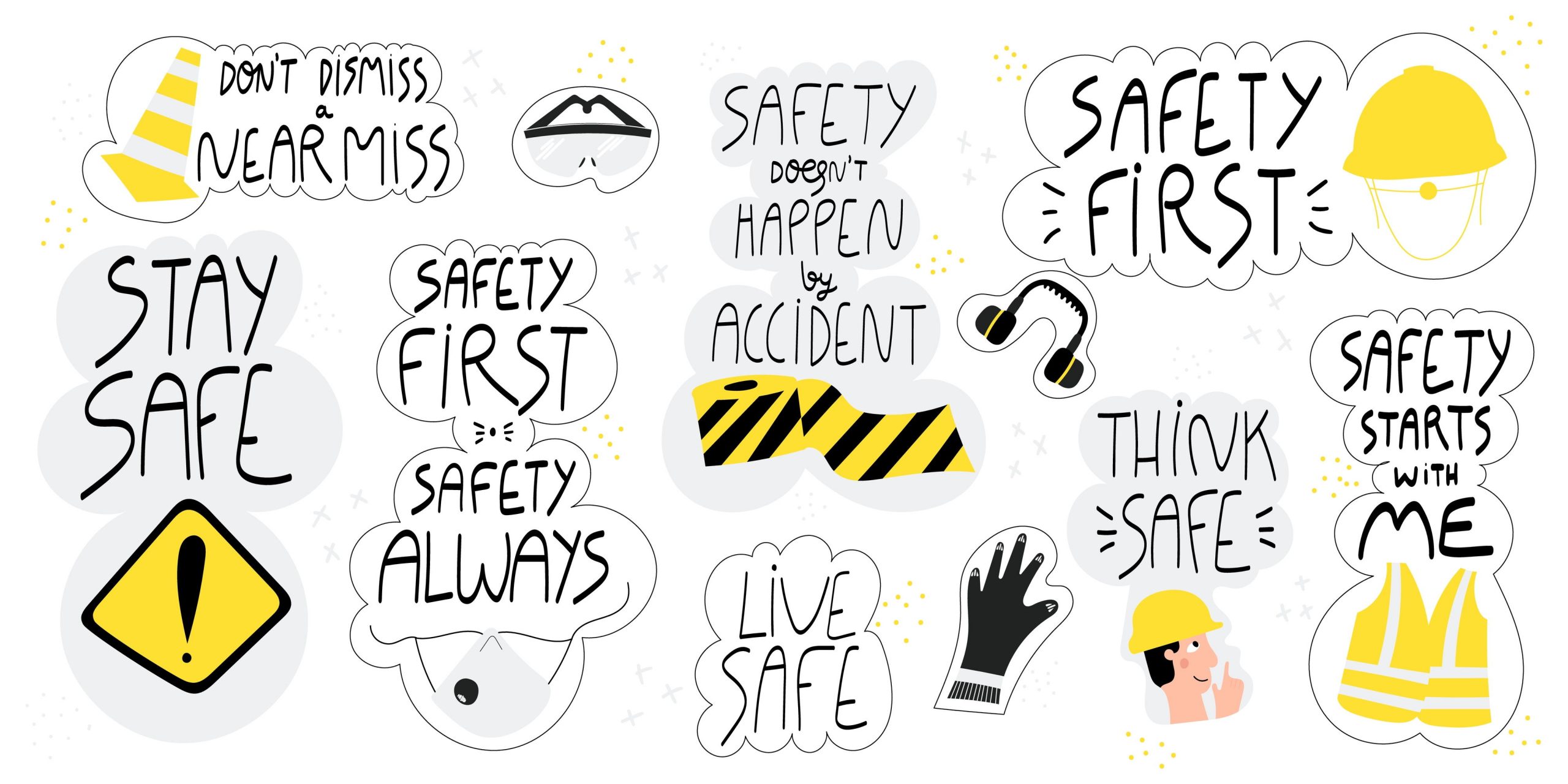What is Safety?
Sponsored Article by KBA Training
What does it mean for an organisation to say that they provide a safe workplace? Does it mean that the organisation implements safety protocols and precautions, has a slogan or banner that states “Safety is our No.1 Priority”, or meets legislative requirements?

Safety is a vast topic. To the layman, safety simply refers to ensuring that the employees and others are protected from any hazard, danger, or injury. What does safety mean for organisations? How is safety viewed from their perspective? Does it mean that they are safety compliant once they have achieved safety standards such as the ISO 45001 for example? Let’s look at how failure in safety affects organisations from these perspectives:
- The impact on an organisation’s workforce
Safety failures can result in injury or in the worst-case scenario, fatalities. The proper implementation of safety raises morale and the human feel good factor – “hey, our employer cares”, and can lower the likelihood of injury and associated cost of illness. - The brand’s identity and reputation
Nothing is more damaging than having an organisation’s reputation tarnished with lawsuits and compensation claims from injury sustained at work. - The organisation’s profitability
Accidents within an organisation have an impact on their bottom line – loss of man hours, medical expenses or an increase in insurance costs. Emotionally, it also has a ripple effect on employees’ productivity and morale.
When safety is taken for granted, it is often overlooked. How can safety be improved in an organisation?
- Management’s commitment in communicating with employees regarding the organisation’s safety culture. Management needs to ‘walk the talk’ and lead by good examples. In so many industries, this is not implemented.
- Employees’ involvement in understanding the importance of safety across all levels of the organisation.
- Understanding, identifying and eliminating hazards and the risks before they become incidents. Correct Hazard Identification and Risk Management techniques and processes must be implemented.
- Continual training of various local and internationally accredited safety courses to remain up to date with the latest safety regulations and improved methods of identifying safety risks.
Safety is far more complex than the perspectives shared above, but its fundamental importance is often missed. Perhaps it is time for every individual to take ownership and try to help improve
safety, firstly on a personal level. Would you behave unsafely at home, or when out with your family? Then, why is this mindset and attitude not carried over to the workplace. Management and
leaders would not expect their spouse, or children to ride their bicycles without providing them with suitable and safe bicycles and protection gear. So why is this not provided for an organisation’s employees?
Safety lapses such as an unsafe activity in our daily lives should be STOPPED, share what you have seen, report it to the relevant management or supervisors and their workplace safety department or to the local manpower ministry, instead of saying to yourself “Someone else will report it”. The efforts by one individual could save someone’s life.

Contributed by KBA Training
About KBA Training Centre Pte Ltd
Established in 2006, KBAT has been in the forefront in providing training for the offshore, inland/inshore and the health and safety sector. KBA Training is the premier venue for International
and National accredited training and is positioned to offer integrated specialist solutions for consultancy and training to the onshore, wind/renewable energy and offshore industry. Website:
www.kbatraining.org
